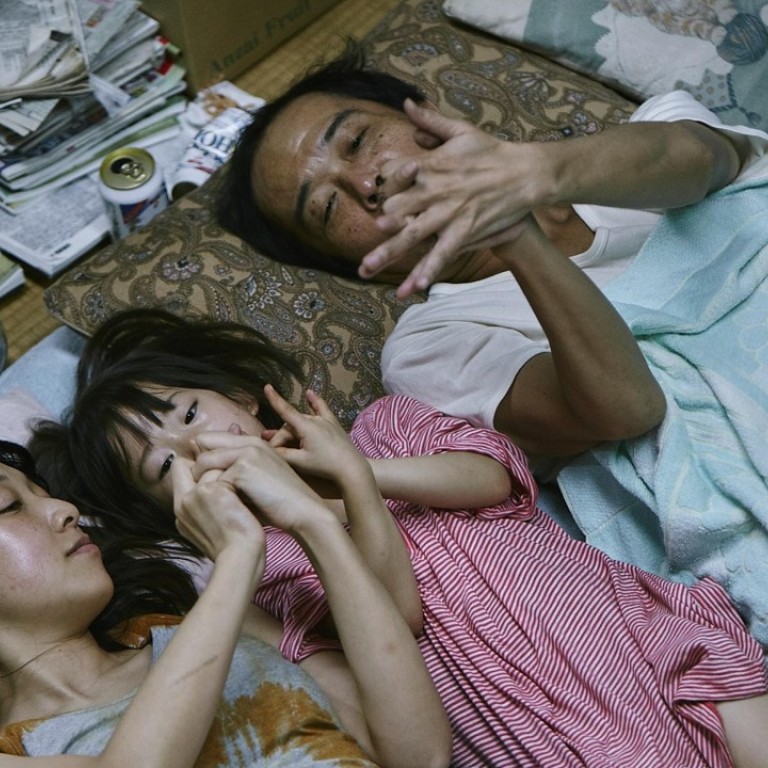
Cannes Film Festival 2018 round-up: Shoplifters, Spike Lee’s return to form and Lars von Trier’s serial killer shocker
Despite speculation that Cannes is losing its relevance, this year’s event presented excellent works from directors including Hirokazu Koreeda, Spike Lee and Nadine Labaki while showing it has not lost its ability to surprise
In a year when the Cannes Film Festival jury could so easily have made a decision influenced by the times, the Palme d’Or winner was a pleasing surprise.
Hirokazu Koreeda became the first Japanese director to win the prize in 21 years after Shohei Imamura claimed a share of the award for The Eel in 1997. Koreeda’s Shoplifters, his fifth film to compete at Cannes, was one of the quieter – and more rewarding – films on the Croisette.
The Hong Kong showbiz stars still relevant in Chinese cinema
It was, of course, the first year in many that Harvey Weinstein had not been seen in Cannes, following the multiple sex scandals that became world news last year. He still drew significant attention, however, with Italian actress Asia Argento speaking out against the disgraced producer at the prize-giving ceremony.
There were other protests too, including 82 women taking to the red carpet at the premiere of Eva Husson’s competition entry Girls of the Sun to highlight inequality in the industry.
With all this, it would have been easy for the female-heavy jury, led by actress Cate Blanchett, to award the top prize to Husson or one of the two other female directors competing in the 21-strong competition this year. Instead, they plumped for Koreeda, who previously won the second-place jury prize for 2013’s Like Father Like Son .
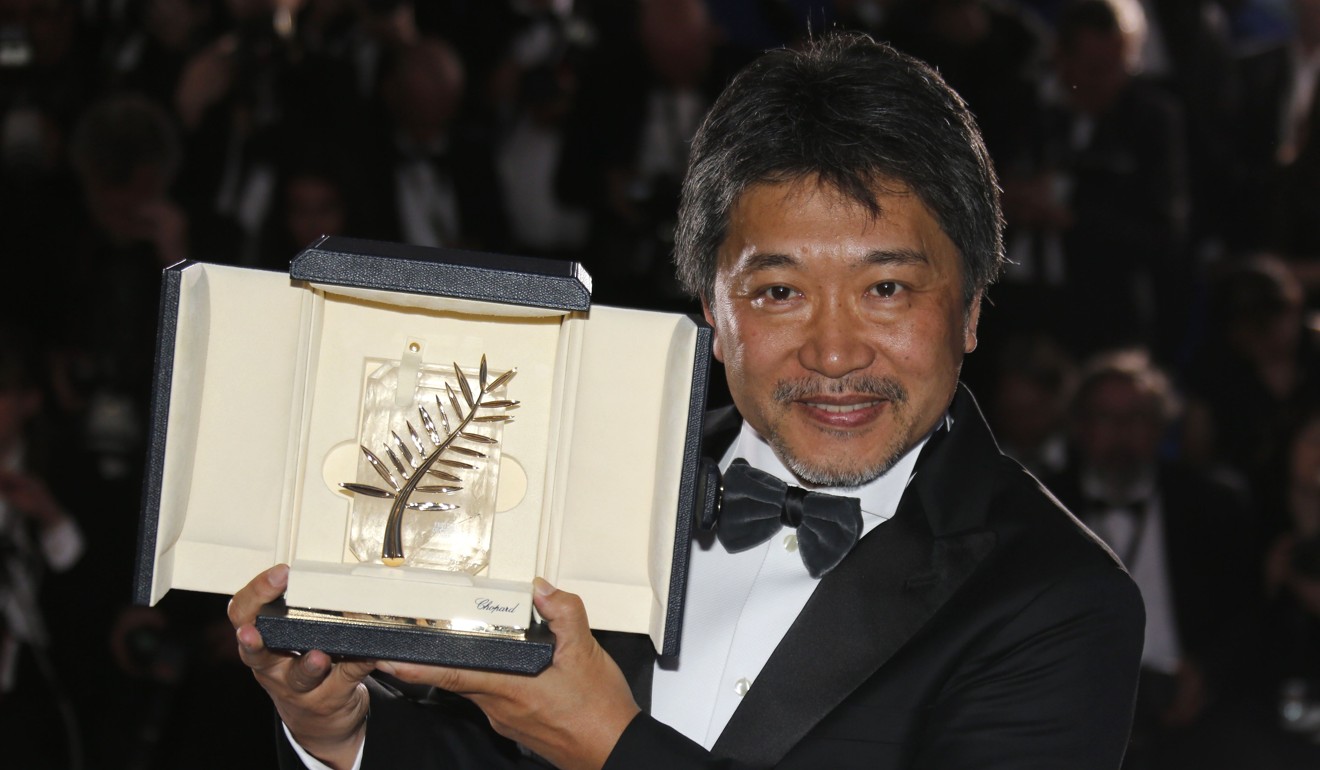
A richly observed film, Shoplifters once again took the Japanese filmmaker back to themes of parentage that he has explored previously. Set in Tokyo, it is a tale of a ragbag family led by the Fagin-like Osamu Shibata (Lily Franky), who works a construction job but really spends time pilfering from supermarkets.
When he comes across a young girl (Miyu Sasaki) alone on a cold winter’s night, he takes her in, planning to teach her his larcenous ways. What follows are a series of subtle but gradual reveals. “We were completely bowled over,” Blanchett told the media.
Taking this year’s jury prize was Spike Lee’s BlacKkKlansman, a real-life tale of rookie black police officer Ron Stallworth (John David Washington) who infiltrates the Colorado Springs branch of the Ku Klux Klan. With its clever blend of satire and thrills, it felt like Lee had got his mojo back after a decade or more working in either little-seen documentaries or low-key features.
The jury did deliver third place to one of the female directors in competition, Nadine Labaki, for her touching film Capernaüm. Set in Beirut, the story is about a young boy called Zain who, while on trial for a stabbing, claims in court that he wants to sue his parents for the miserable life they have given him.
Labaki draws a remarkable performance from young Zain Alrafeea, who plays the boy. Some felt it was manipulative, but I found it mesmerising.
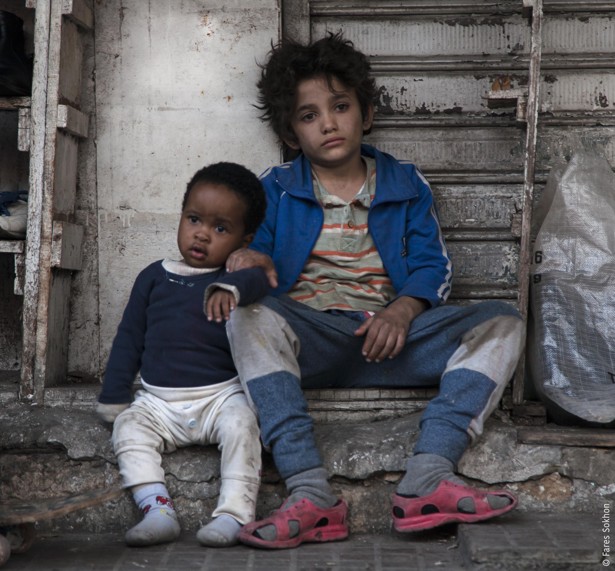
Best director went to Pawel Pawlikowski for his black-and-white love story Cold War. A critical darling during the festival, this tale of a passionate affair between two lovers that begins in the aftermath of second world war proved an immaculately made piece.
The film featured a fine turn from Joanna Kulig, who can consider herself unlucky to lose out to Samal Yeslyamova in the best actress category for her part in Sergey Dvortsevoy’s migrant worker drama Ayka.
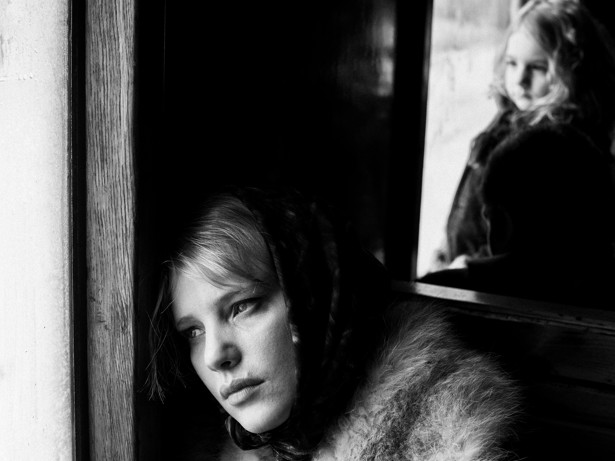
Awards aside, there was a lot of bluster at this year’s festival. With the lack of star power in the main competition (even Andrew Garfield was unable to attend for David Robert Mitchell’s delirious neo-noir Under the Silver Lake as he was performing on Broadway), speculation was rife that the festival was losing its relevance, particularly among the American press. Many believed studios were saving films for the autumn awards season.
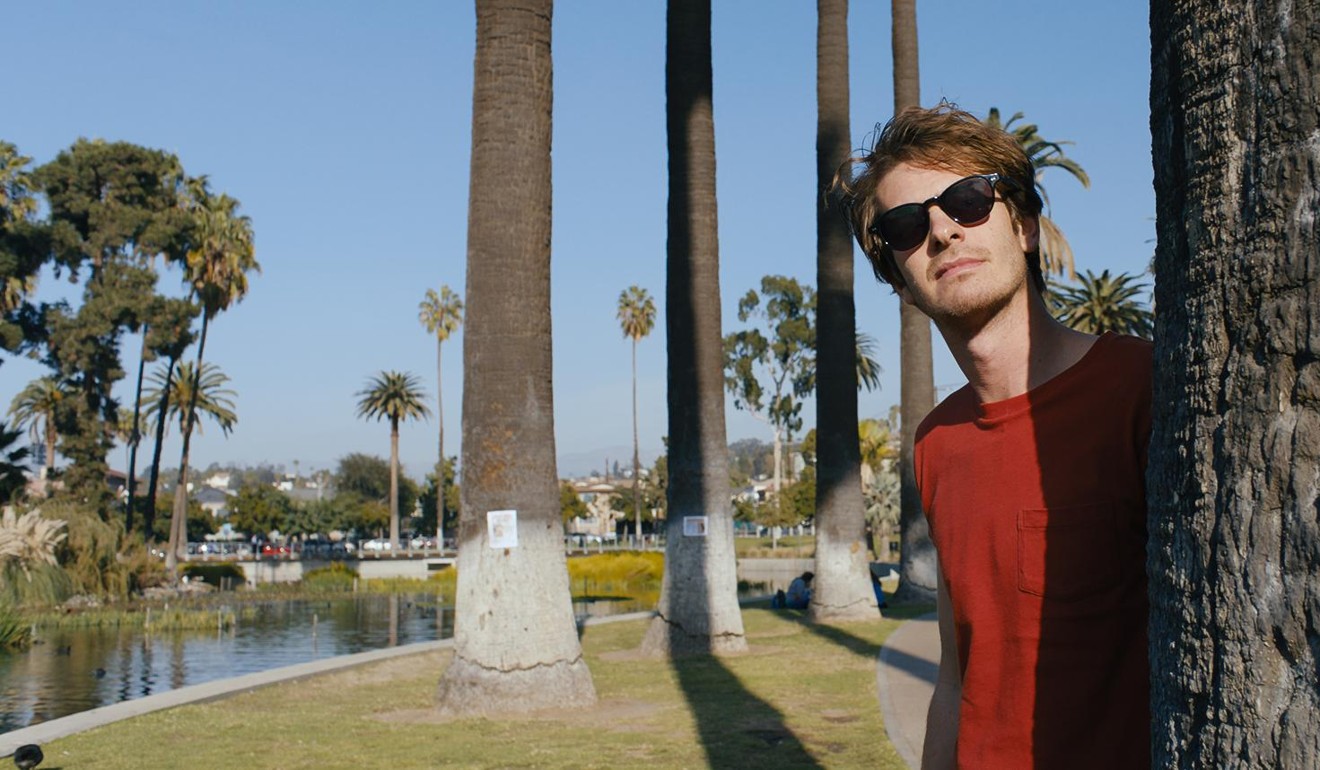
Of course, this rather underlines the myopic nature of the Hollywood-centric US media, who seemingly ignored the fact that Disney – the most powerful studio of all – brought Solo: A Star Wars Story to play at the festival out of competition.
Meanwhile, Cannes still showed its ability to surprise with Gaspar Noé’s LSD-spiked dance troupe movie Climax and the return of Lars von Trier with The House That Jack Built.
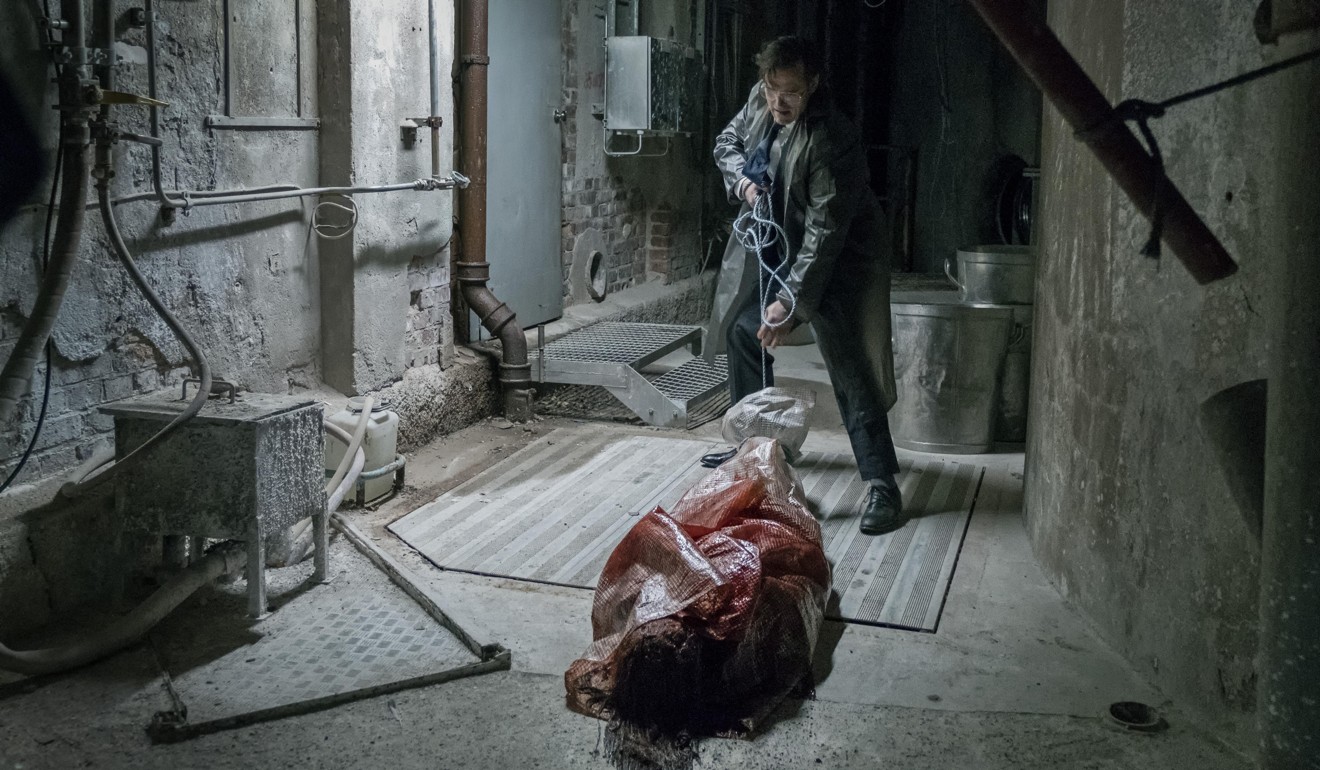
Danish director Von Trier was back after a seven-year absence following his ill-advised Nazi comments in the press conference for Melancholia in 2011. His opus about a serial killer named Jack (Matt Dillon) caused a number of viewers to walk out during the premiere and created outrage on social media due to the violence.
It would have been disappointing if a Von Trier film hadn’t caused a shock. But in truth, The House That Jack Built is not the director’s best, although it exhibits grim humour and fierce intellect throughout.
More explosive was Kevin Macdonald’s documentary Whitney. Playing out of competition, this frank look at pop sensation Whitney Houston was the only British entry in the official selection.

An authorised portrait of the singer, the film featured revelations and allegations from friends and family members that put it on a par with Amy , Asif Kapadia’s Oscar-winning Amy Winehouse documentary. It is without doubt a must-see.
This South Korean spy thriller shows North Koreans in a new light
Another impressive work was Lukas Dhont’s sensitive and well-rounded Girl, a transgender story about a young ballerina (marvellously played by Victor Polster) who is in the midst of hormone treatment. The film won the Caméra d’Or for best first feature, the Queer Palm for LGBT-relevant films, and a best performance prize for Polster in the Un Certain Regard awards – an impressive haul for an impressive film.
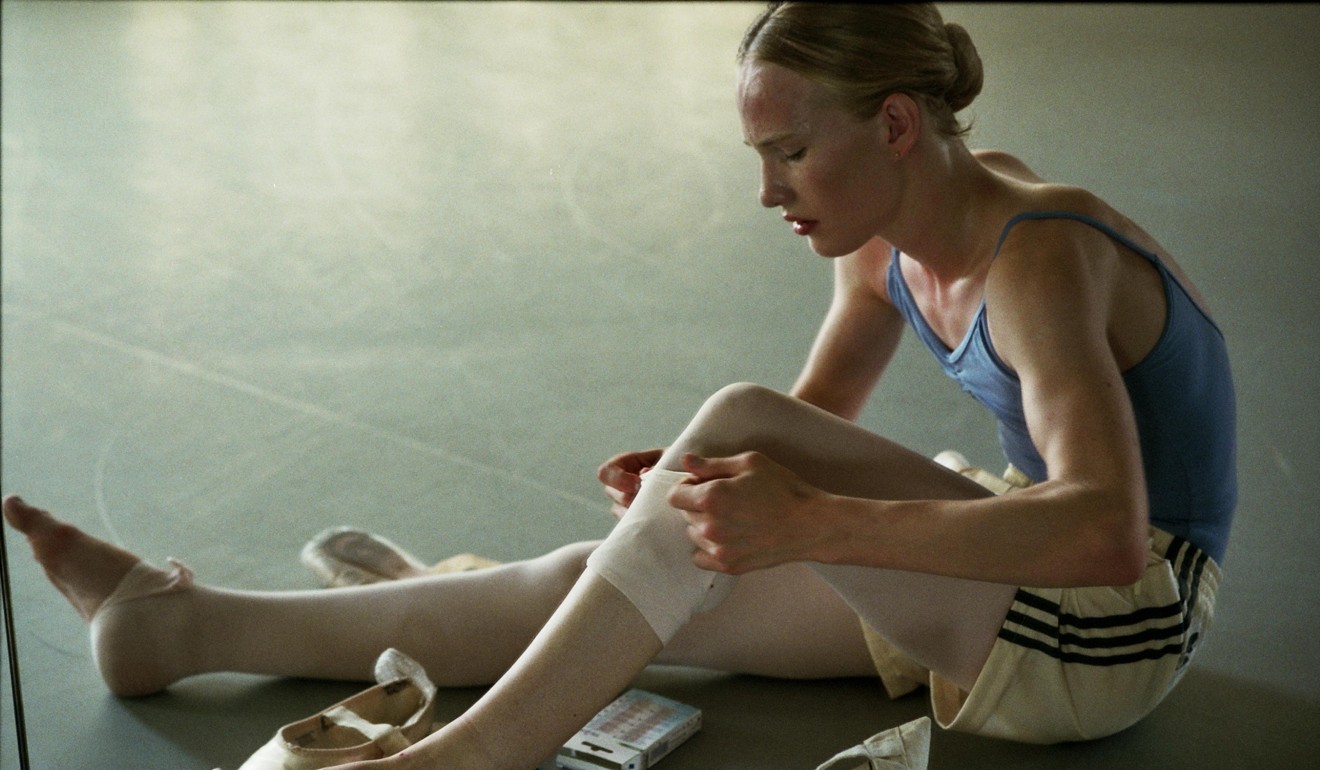
A disappointment – though it was hardly a shock – was the closing film, Terry Gilliam’s The Man Who Killed Don Quixote. The pre-titles caption read: “And now…a film 25 years in the making…and unmaking”, humorously hinting at the troubles Gilliam has endured to get this Cervantes spin off the ground. But the finished film, starring Adam Driver and Jonathan Pryce, was a messy end to an otherwise largely entertaining Cannes.
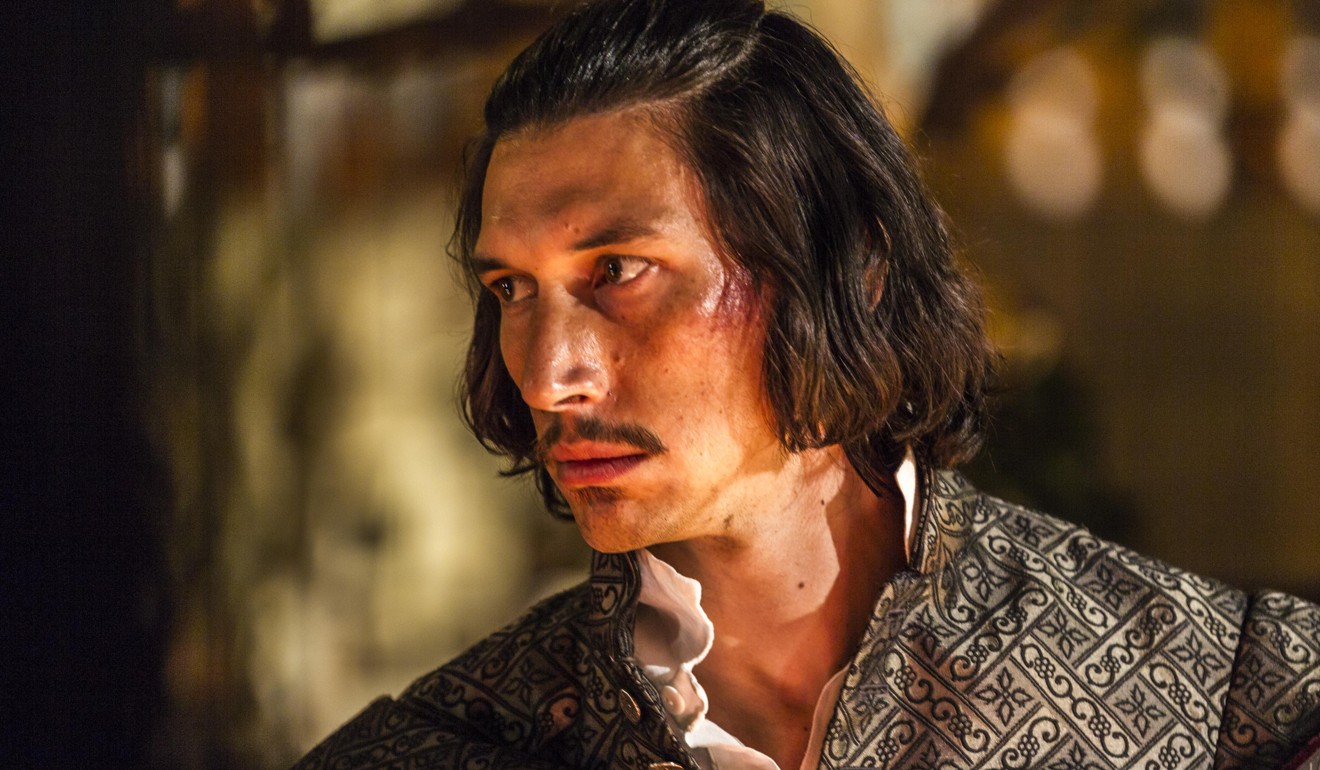
Want more articles like this? Follow SCMP Film on Facebook

 (1).JPG?itok=0BHk6odg&v=1665981271)